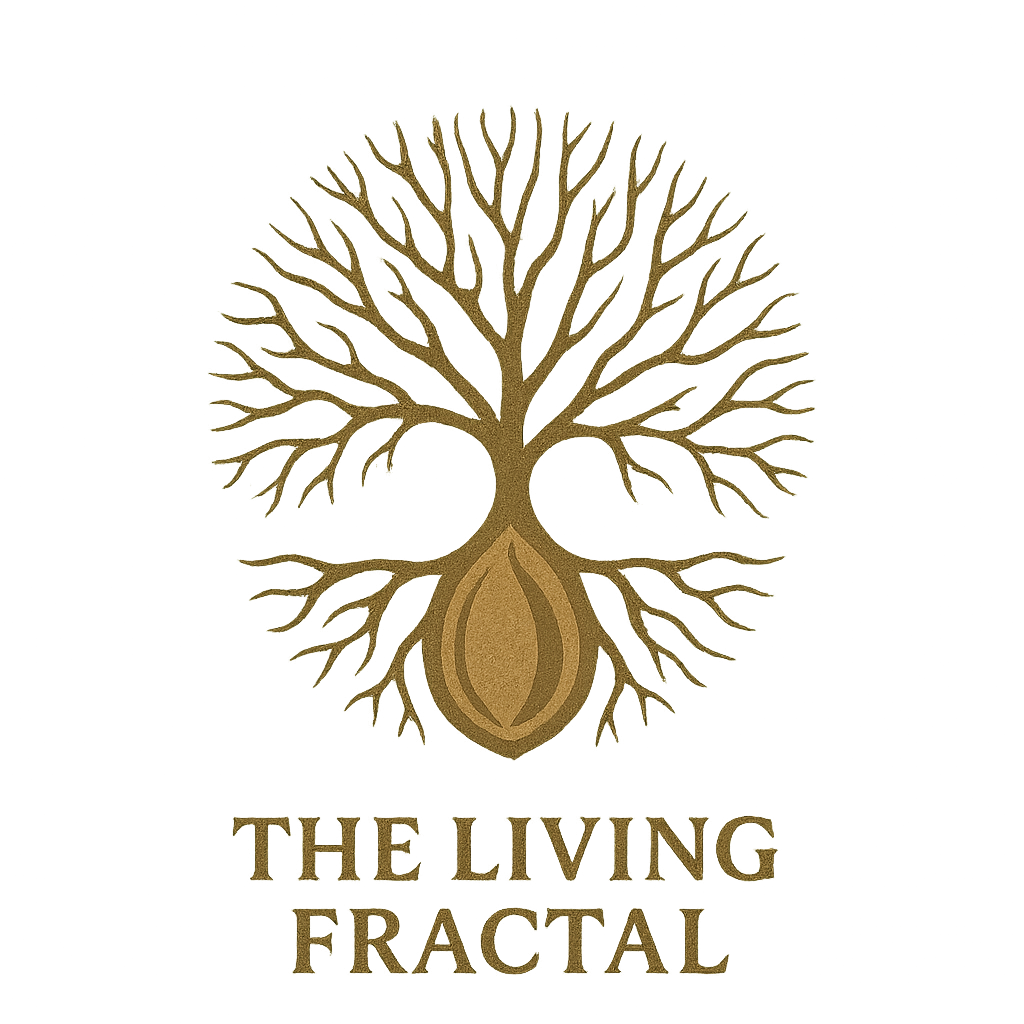The Conceptual Prison: How Language Creates the Reality You Don’t Question

Introduction: The Cage You Don’t See
Language is the invisible architecture of reality. Every word, concept, and definition acts as a structural reinforcement for how you perceive existence. From the moment you learn to speak, you are conditioned into a world that is named, categorized, and structured according to collective agreements—agreements you never consciously chose.
But what if the very structure of language is also a prison? What if words are not just descriptors of reality but the very mechanism through which reality is constructed and confined? This article deconstructs the illusion of linguistic reality and exposes the ways in which conceptual thinking shapes, limits, and distorts your experience of life.
The Illusion of Meaning: How Language Assigns Value
Words are not neutral. They come with emotional charge, cultural baggage, and embedded assumptions.
- When you hear the word freedom, you don’t just think of its dictionary definition; you experience a complex network of social, historical, and personal associations.
- The word self creates an entity where none exists—an identity that you spend your entire life reinforcing, protecting, and defending.
- Terms like success, failure, good, and bad are not objective truths; they are linguistic constructs that dictate how you interpret reality.
Language assigns meaning where none inherently exists. It creates labels, and through those labels, it gives birth to emotional attachment. But what happens when you remove the label? What is left when you stop calling yourself by your name, when you stop identifying as a set of attributes? This is where reality begins to unravel.
How Language Creates Separation
Before language, there is only direct experience—pure and undivided. But the moment you apply words to that experience, division is born.
- Cold and hot become opposites, though they are just different points on the same spectrum.
- Self and other appear as two distinct things, though they are part of the same living field.
- Good and bad emerge as moral categories, though they are relative judgments shaped by culture and personal bias.
Without words, there are no hard separations—only fluidity. But the mind, conditioned by language, insists on defining, categorizing, and labeling. This is why suffering arises. The moment you define something, you attach to it. And the moment you attach, you create the fear of losing it.
The Concept of Self: A Linguistic Illusion
The self is not an inherent reality—it is a linguistic construct. When you say, I am this, or I am that, what are you actually doing? You are stringing together words, forming a narrative that gives you a sense of continuity. But does this self truly exist, or is it simply an ever-changing flow of perception, moment to moment?
- Memory is just a mental imprint—yet language turns it into my past.
- The body is just an organic process—yet language makes it me.
- Thoughts arise and disappear—yet language makes them mine.
The self exists only as a story that you keep telling yourself. If you stop reinforcing that story, what remains? Silence. Presence. Reality as it is, not as you name it.
The Trap of Conceptual Overload
The more concepts you accumulate, the heavier your mind becomes. Society values intellectualization, but at what cost? Too much conceptual thinking leads to cognitive overload, emotional detachment, and a nervous system that is in a constant state of overdrive.
- Why do people seek distraction in entertainment, substances, or social media? Because their minds are exhausted from processing concepts all day.
- Why does silence feel uncomfortable for many? Because without words, the mind doesn’t know how to grasp reality.
- Why do people resist deep presence? Because it requires letting go of the conceptual scaffolding that makes them feel secure.
But if you experience reality without concepts, you begin to see the world as it actually is—not as you have been told it is.
Escaping the Conceptual Prison: Living Beyond Words
So how do you escape the prison of language? Not by rejecting words entirely, but by using them consciously—seeing them as tools, not as reality itself.
- Practice Direct Experience: Instead of describing what you feel, just feel it. Instead of analyzing a sunset, just witness it.
- Question Every Concept: When you use words like success or happiness, ask yourself—what do these actually mean? Are they real, or are they inherited constructs?
- Detach from Labels: You are not your name, not your identity, not your past. What happens when you stop reinforcing these narratives?
- Use Silence More Often: Not everything needs to be put into words. In fact, the deepest truths cannot be spoken—they can only be lived.
The Power of Seeing Clearly
Language is a powerful tool, but it is also the greatest deception. It convinces you that reality is fixed, defined, and unchangeable when, in truth, everything is fluid, impermanent, and beyond conceptualization.
To see clearly, you must go beyond words. Beyond concepts. Beyond the prison of thought.
And when you do—you will find that reality has been waiting for you all along.




